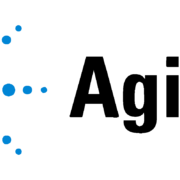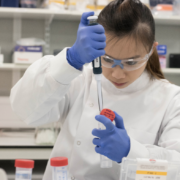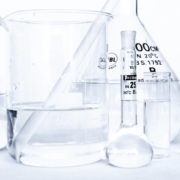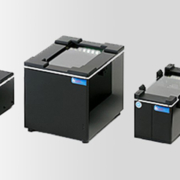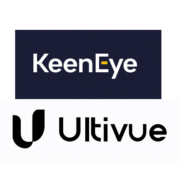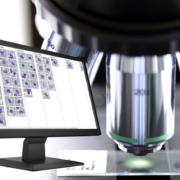Agilent companion diagnostic expands CE-IVD Mark in Europe to include cervical cancer
Agilent Technologies says its PD-L1 IHC 22C3 pharmDx, Code SK006, is now EU CE-IVD–marked for use in cervical cancer. PD-L1 IHC 22C3 pharmDx can be used as an aid in identifying cervical cancer patients for whom treatment with KEYTRUDA (pembrolizumab) may be appropriate.



